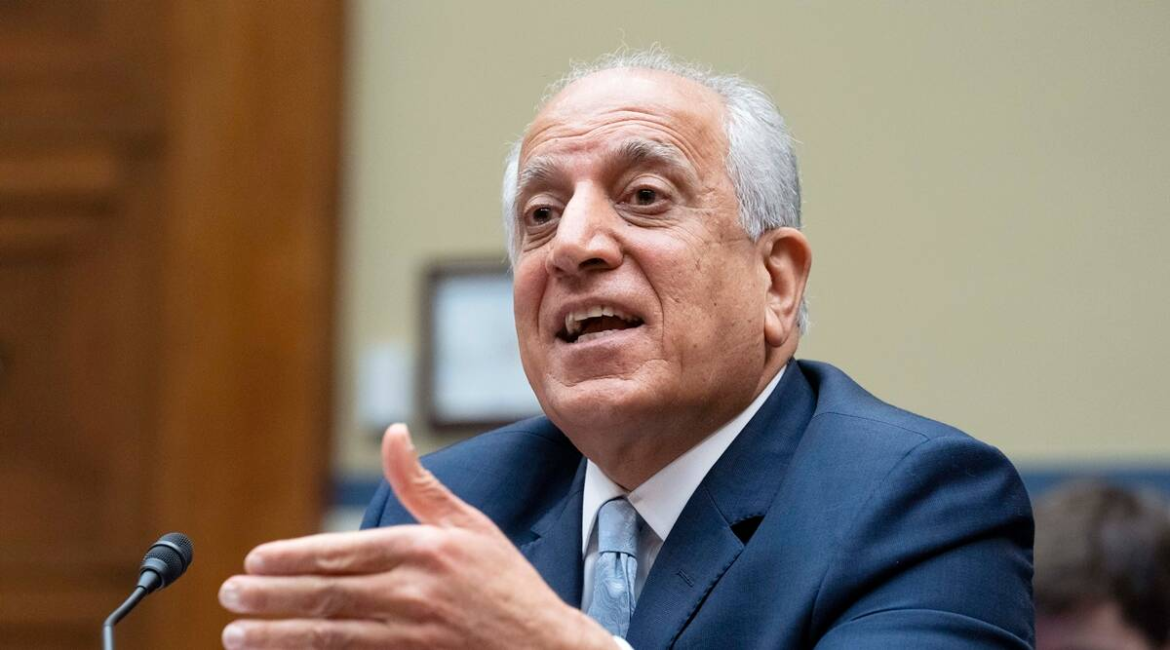AI Generated Summary
- “His speech demonstrates that he simply does not have the temperament to lead the armed forces of a large and important country, Pakistan,” the diplomat tweeted, adding that such a volatile and self-absorbed person should not have his finger on the nuclear button.
- The second point of concern, Khalilzad highlighted, was the Army Chief’s alleged declaration that if he were to “go down”, he would take others down with him, suggesting a potentially destructive mindset in the face of personal defeat.
- Zalmay Khalilzad, a notable diplomat and expert on international policy, has recently expressed his mounting concerns for Pakistan in the wake of a controversial speech by the country’s Army Chief.
Zalmay Khalilzad, a notable diplomat and expert on international policy, has recently expressed his mounting concerns for Pakistan in the wake of a controversial speech by the country’s Army Chief. The diplomat revealed the alarming contents of the Army Chief’s address via a series of tweets, casting a long shadow over the nation’s current leadership.
The speech, reportedly delivered behind closed doors to senior officers in Sialkot, was described as an “angry tirade” by Khalilzad, who claimed to have received a reliable account of the incident. The military leader’s volatile and combative stance outlined in the speech have raised eyebrows in the international community and highlighted two concerning points.
In the first of his tweet series, Khalilzad detailed how the Army Chief allegedly threatened the wives and children of his critics. The threats were apparently issued in response to the May 9 violence involving retired officers, an incident that has provoked national controversy. Khalilzad urged for a transparent investigation of the violent event but condemned the Army Chief’s alleged threats against innocents as inexcusable.
Additionally, Khalilzad reported that the Army Chief’s speech was peppered with coarse language when referring to perceived enemies, further suggesting an apparent lack of composure and diplomatic etiquette.
The second point of concern, Khalilzad highlighted, was the Army Chief’s alleged declaration that if he were to “go down”, he would take others down with him, suggesting a potentially destructive mindset in the face of personal defeat.
Khalilzad’s tweets ended with a stark criticism of the Army Chief’s suitability for his role. “His speech demonstrates that he simply does not have the temperament to lead the armed forces of a large and important country, Pakistan,” the diplomat tweeted, adding that such a volatile and self-absorbed person should not have his finger on the nuclear button.
Khalilzad stressed the crucial role of a country’s army and the necessity for its leadership to be characterized by sobriety, calm responsibility, and political neutrality. His tweets pose challenging questions about the state of Pakistan’s military leadership and its implications for national and international security.




